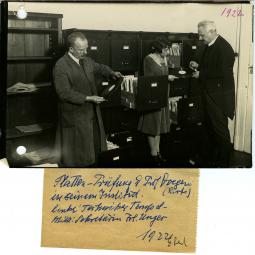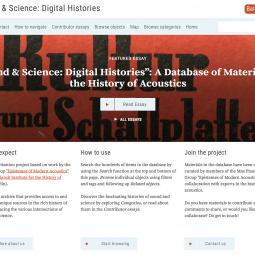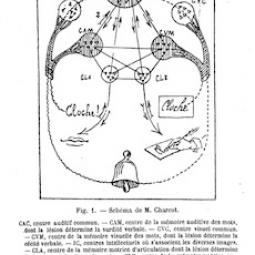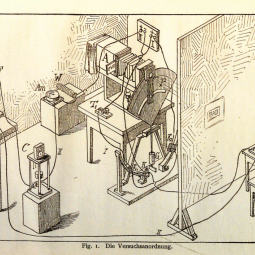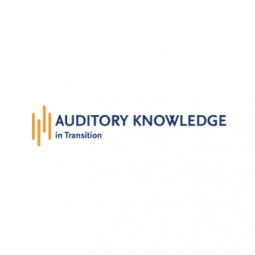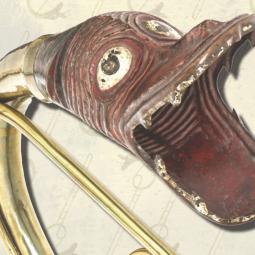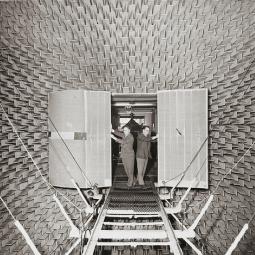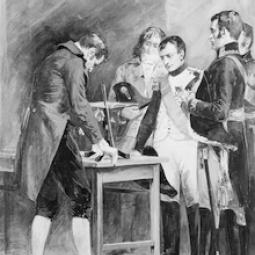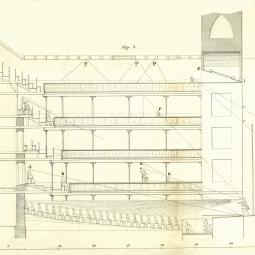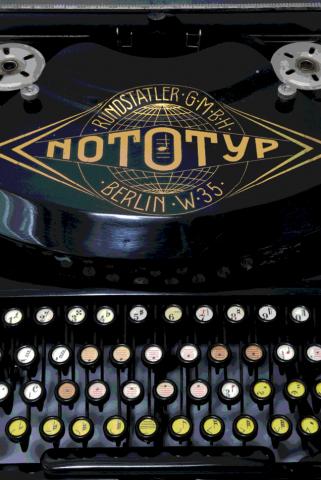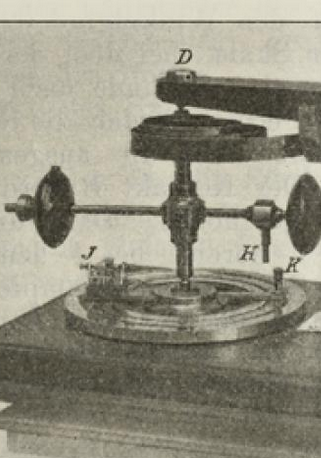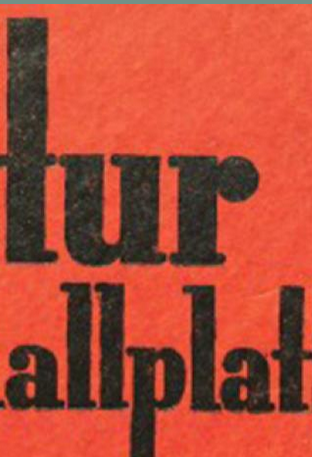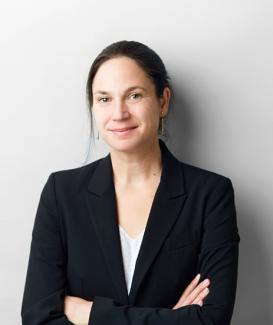
Raum B16/004
Viktoria Tkaczyk is full professor at the musicology and media studies department of the Humboldt University Berlin, and works on technologies and knowledge techniques in the sciences and humanities. She has published widely on technological experimentation and testing, stage design, architecture, and sound media in the early modern and modern period. Currently she is completing a book entitled Thinking with Sound: New Agendas in the Sciences and Humanities around 1900 (University of Chicago Press), and she is preparing a new project on the history of the applied sciences and humanities.
Viktoria Tkaczyk received her PhD in theater studies from Freie Universität Berlin. Her first book, Himmels-Falten: Zur Theatralität des Fliegens in der Frühen Neuzeit (Munich: Fink), on flying machines in early modern science and theater, won the Ernst Reuter Dissertation Prize in 2008 and the Book Award of the Amsterdam School of Cultural Analysis in 2012. In 2011, she was a Feodor Lynen Fellow at the Equipe de Recherches Epistémologiques et Historiques sur les Sciences Exactes et les Institutions Scientifiques (CNRS) in Paris and became a member of the Junge Akademie at the Berlin Brandenburg Academy of Sciences and Humanities. From 2011 to 2014, she was Assistant Professor of Arts and New Media at the University of Amsterdam and a Dilthey Fellow at the Max Planck Institute for the History of Science. From 2015 to 2020, she headed the Max Planck Research Group “Epistemes of Modern Acoustics” and the German Research Foundation–funded project “Epistemic Dissonances: Objects and Tools of Early Modern Acoustics” at the FU Berlin (CRC 980), and initiated the database “Sound & Science: Digital Histories.”
Current Projects
Completed Projects
Selected Publications
Tkaczyk, Viktoria (2021). “Radio Voices and the Formation of Applied Research in the Humanities.” History of Humanities 6 (1): 85–110. https://doi.org/10.1086/713258.
Read More
Kursell, Julia, Viktoria Tkaczyk, and Hansjakob Ziemer (2021). “Introduction: Language, Sound, and the Humanities.” History of Humanities 6 (1): 1–10. https://doi.org/10.1086/713254.
Read More
Tkaczyk, Viktoria and Leendert van der Miesen, eds. (2020). Sonic Things: Knowledge Formation in Flux. Special issue, Sound Studies 6 (2). London: Routledge. https://www.tandfonline.com/toc/rfso20/6/2?nav=tocList.
Read More
Tkaczyk, Viktoria, Mara Mills, and Alexandra Hui, eds. (2020). Testing Hearing: The Making of Modern Aurality. New York, NY: Oxford University Press. https://doi.org/10.1093/oso/9780197511121.001.0001.
Read More
Tkaczyk, Viktoria (2011). Himmels-Falten : zur Theatralität des Fliegens in der Frühen Neuzeit. München: Fink.
Read More
Tkaczyk, Viktoria (2014). “Listening in circles : spoken drama and the architects of sound, 1750–1830.” Annals of Science 71 (3): 299–334. https://doi.org/10.1080/00033790.2013.840928.
Read More
Tkaczyk, Viktoria (2015). “The making of acoustics around 1800, or how to do science with words.” In Performing knowledge, 1750-1850, ed. M. H. Dupree and S. B. Franzel, 27–55. Berlin: De Gruyter. https://doi.org/10.1515/9783110421064-003.
Read More
Tkaczyk, Viktoria (2015). “The shot is fired unheard : Sigmund Exner and the physiology of reverberation.” Grey Room 60: 66–81. https://doi.org/10.1162/GREY_a_00179.
Read More
Tkaczyk, Viktoria (2018). “Whose Larynx Is It? Fields of Scholarly Competence Around 1900.” History of Humanities 3 (1): 57–73. https://doi.org/10.1086/696302.
Read More

